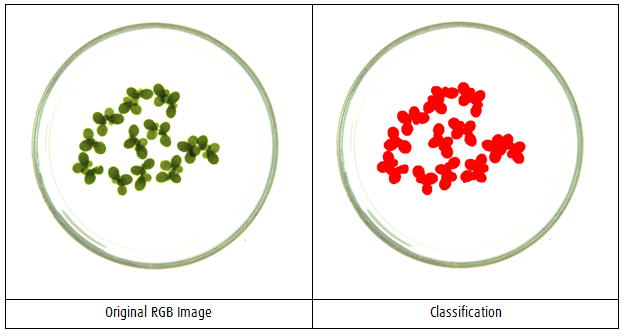Fossil fuels have limited availability, and – most important – burning them endangers the world’s climatic system. Thus, there is an urgent demand for alternate, environment-friendly fuel systems. A lot of energy can be captured using e.g. wind power stations but making this compatible to classical fuel uses is challenging. Liquid organic hydrogen carriers (LOHC) might be a way forward, but it is highly important to assess their effects on the environment to avoid replacing one danger by a second one. An ecotoxicological assessment of a range of LOHC candidates was carried out to explore their potential danger to the environment. In this context, the duckweed test with the LemnaTec Scanalyzer served to analyse whether a given substance is harmful to higher plants, a data type which is crucial for quantifying the potential harmfulness towards the environment.
Markiewicz M, Zhang Y-Q, Empl M, Lykaki M, Thöming J, Steinberg P, Stolte S (2019) Hazard assessment of quinaldine-, alkylcarbazole-, benzene- and toluene-based liquid organic hydrogen carrier (LOHCs) systems. Energy Environ. Sci. https://pubs.rsc.org/en/Content/ArticleLanding/2019/EE/C8EE01696H#!divAbstract

